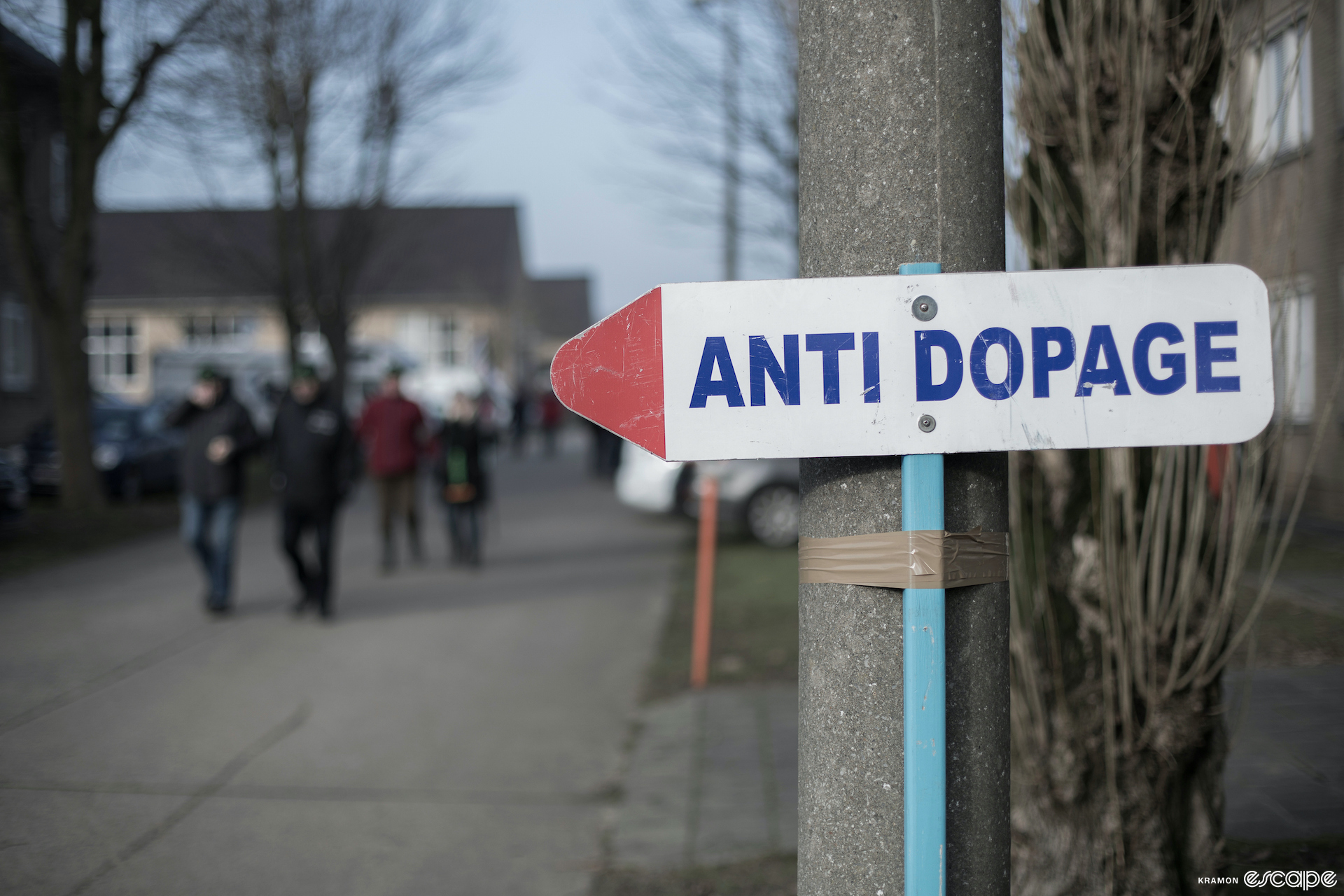The UCI has reached out to riders, teams, and organizers to warn of the potential impact of a relatively new drug known as tapentadol, an opioid painkiller said to be more powerful than tramadol, as reported this week by Le Temps.
Tapentadol is not currently on the World Anti-Doping Agency's list of banned substances, but the UCI has apparently convinced WADA to add the drug to its "monitoring program," while the Movement for Credible Cycling (MPCC), which comprises a some but not all of cycling's top teams, has also expressed its hope that WADA will ban the painkiller.
According to Le Temps, the UCI held a meeting in which the governing body said that "Further analysis needs to be carried out but if [this substance] is used, it is presented as being ten times more powerful than tramadol."
Tramadol itself was once unregulated within the peloton, but the UCI banned its use starting in 2019 after years of monitoring, citing the dangers of riding in a peloton under the influence of a drug that has the potential to cause drowsiness and to dull reaction times. Starting this year, WADA has also officially banned the drug for use in competition, and therefore, any detection in an in-competition sample now constitutes an anti-doping violation in any Olympic sport.
Tapentadol, however, remains within the rules, despite its own serious side effects as a powerful narcotic that can cause drowsiness and a host of other side effects, including respiratory failure in severe cases. The United States Drug Enforcement Agency classifies it as a Schedule II controlled substance, putting it in the same category as several other opioid painkillers with high potential for abuse and addiction like oxycodone and fentanyl.
Roger Legeay, head of the MPCC and former general manager of the Credit Agricole team, expounded on some of the organization's concerns to Le Temps.
“Healthy athletes have no need to resort to therapeutic products of this nature," Legeay said. "Furthermore, it should be stressed that analgesics reduce or eliminate pain, which is a performance-enhancing factor.”
Whether tapentadol has seen or is currently seeing use within the pro peloton is unclear, but the MPCC hopes to see a ban to come into effect. The eventual banning of tramadol use provides a useful foundation for anti-doping agencies to build on, though Legeay is hoping that that it will take less time for authorities to add tapentadol the list of illegal substances.
Did we do a good job with this story?




